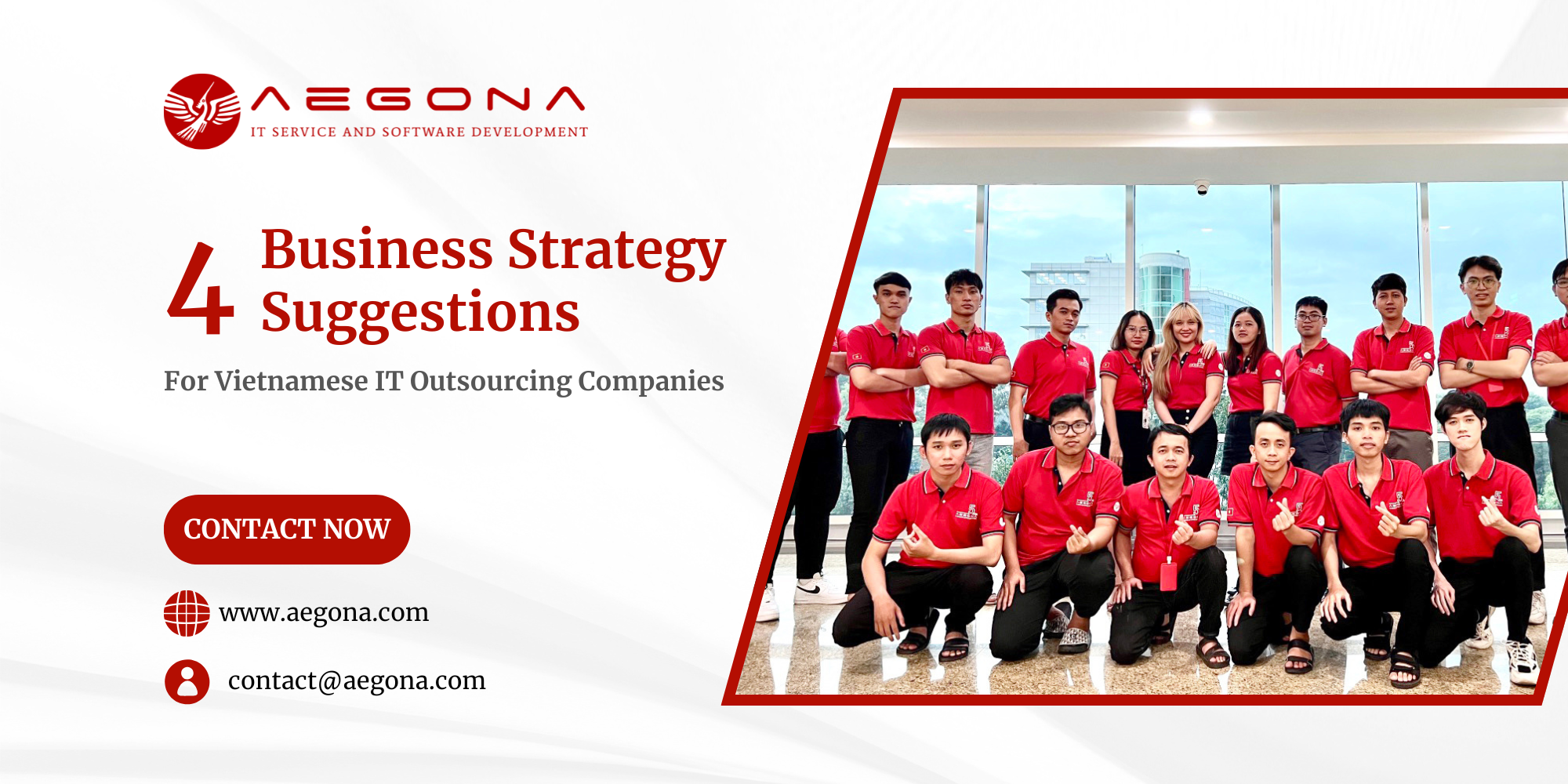Top 10 Use Cases of Retrieval-Augmented Generation (RAG) - P1
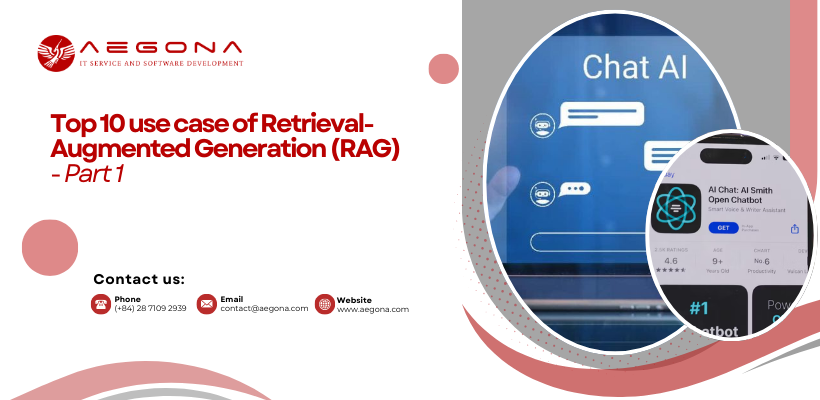
Today, Retrieval-Augmented Generation (RAG) technology enables AI systems to process queries and synthesize information from multiple sources to produce accurate and timely responses. In this article, let's explore five use cases of RAG is applied, such as finance, legal, healthcare, agriculture, and pharmaceuticals.
Use cases of retrieval-augmented generation technology
1. Application of RAG technology in Finance
In the financial sector, RAG has broad potential to address the limitations of large language models (LLMs). According to FINANCEBENCH, a valuable resource for researchers and developers working on LLMs in finance, all tested LLMs exhibit weaknesses like hallucinations (generating false information), limiting their suitability for financial applications.
To address these challenges, experts have called for further research to develop LLMs that can better handle financial question-answering issues. These challenges include:
- Specialized knowledge: LLMs need to understand financial terminology, concepts, and regulations.
- Access to updated information: Financial data changes frequently, so LLMs need real-time or near-real-time data access.
- Numerical reasoning: LLMs often struggle with arithmetic calculations.
- Handling structured and unstructured data: Financial information can be presented as tables, charts, and text, requiring LLMs to process all these formats.
- Reasoning with multiple sources: LLMs must analyze information from various sources to draw conclusions.
By combining the content generation capability of LLMs with the ability to retrieve information from vast data sources, RAG can provide more accurate, up-to-date, and reliable answers.

2. Application of RAG Technology in Legal – Law
A prime example of RAG in the legal field is DISC-LawLLM, an intelligent legal system that uses LLMs to provide a variety of legal services. DISC-LawLLM applies RAG by combining two main steps:
- Supervised Fine-Tuning:
- Build a DISC-Law-SFT dataset: This dataset includes legal tasks such as extracting legal elements, predicting verdicts, and answering legal questions, created with the help of a general-purpose LLM.
- Fine-tune on a pre-trained LLM to equip it with legal reasoning and judicial behavior.
- Enhanced Retrieval:
- A comprehensive knowledge base containing Chinese laws is constructed.
- A retrieval module pulls relevant legal documents from the knowledge base based on user input.
- The model is further trained with a specific subset of the SFT dataset to leverage retrieved information for more reliable responses.
DISC-LawLLM has been praised for its understanding of legal matters and reasoning abilities through subjective and objective evaluations. This demonstrates that RAG is a promising technique for building intelligent legal systems that can provide diverse legal services with high accuracy and reliability.
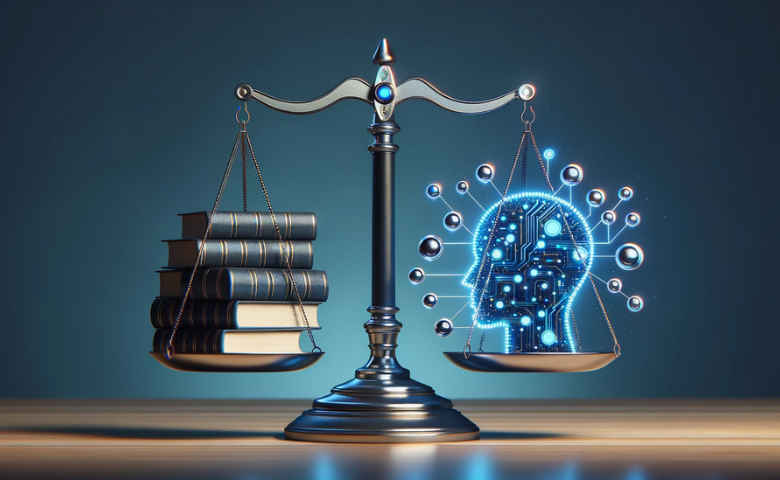
3. Application of RAG Technology in Healthcare
A recent study demonstrated the effectiveness of RAG in improving the ability of large language models to generate accurate SQL queries for extracting information from Electronic Health Records (EHR) and claims data. The authors used RAG combined with medical coding and various prompting methods to enhance the performance of LLMs in answering epidemiological questions.
The study's results show that RAG can help researchers and healthcare organizations analyze data more effectively to answer epidemiological questions and make data-driven decisions. However, the study also pointed out that the current dataset is limited in scale and focuses on epidemiological questions. Thus, further research and development are needed to expand RAG's scope in healthcare and address challenges related to using electronic health data.

4. Application of RAG Technology in Agriculture
In agriculture, RAG is used to improve the performance of large language models in answering agricultural-related questions. A recent study compared the effectiveness of RAG with Fine-Tuning in integrating specialized knowledge into LLMs for the agriculture sector. The results indicate that both RAG and Fine-Tuning can improve LLM performance, but each has its advantages and disadvantages:
RAG: Effective when dealing with context-related data, leading to concise and accurate answers.
Fine-Tuning: Provides more specific and accurate answers by teaching the model new skills related to agriculture. However, the initial cost is higher due to the extensive work required to fine-tune the model to new data.
The study also found that GPT-4 generally outperforms other models (such as Llama2-13B and Vicuna) but at a higher inference cost.
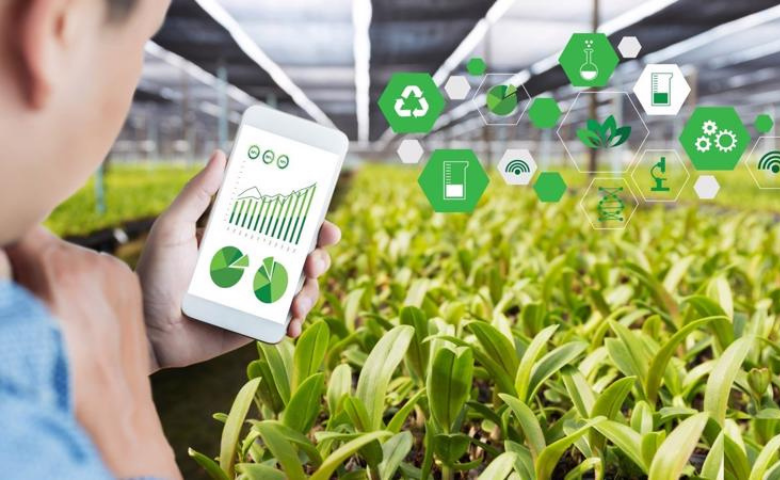
5. Application of RAG Technology in Pharmaceuticals
In the pharmaceutical sector, RAG can be used to improve regulatory compliance performance. A recent study introduced the QA-RAG model, an approach that integrates RAG and generative AI to assist in searching complex regulatory information in the pharmaceutical industry. QA-RAG uses a fine-tuned LLM to generate relevant hypothetical answers to user queries, then uses both the query and the hypothetical answer to search for related documents.
The study results show that QA-RAG outperforms other methods in both the accuracy of document retrieval and the accuracy of generated answers. This indicates the effectiveness of using fine-tuned LLMs combined with hypothetical answers to enhance search accuracy in the pharmaceutical field.

>> Read more:
- Sales Technology Trends 2024: Integrating AI into CRM software
- How Much Is The Cost Of Mobile App Development In Vietnam?
II. Aegona – AI Development Company Specializing in RAG Applications
Aegona is a professional software company specializing in software development and integrating AI solutions into modern systems. With extensive experience in technology, Aegona not only provides AI development solutions but also focuses on applying Retrieval-Augmented Generation techniques to help businesses solve complex problems.
The AI solutions offered by Aegona include:
- AI development from leading platforms such as OpenAI, TensorFlow, Microsoft Azure AI, Vertex AI, Keras, H2O.ai, Amazon SageMaker, etc.
- AI-integrated system software outsourcing: Helping businesses optimize processes and improve decision-making capabilities.
- Developing mobile apps with intelligent virtual assistants: Enhancing user experience and interaction.
- Designing websites integrated with smart chatbots: Automatically providing information and answers to customers, reducing costs, and increasing service efficiency.
III. Final Thought
Retrieval-Augmented Generation technology and modern AI solutions are opening new opportunities for businesses, improving efficiency, and automating processes effectively. Stay tuned for the next part, where we will explore five more sectors utilizing RAG.
Which sector interests you the most? Feel free to share with us via email at [email protected] or contact number +84 914 528 869 (Whatsapp) for advice and support for the success of the project.
AEGONA LTD - IT SERVICE & SOFTWARE DEVELOPMENT
Email: contact@aegona.com
Phone: Office: (+84) 28 7109 2939. Hotline: (+84) 91 451 8869 | (+84) 83 940 5469
WhatsApp: (+84) 91 451 8869
Website: www.aegona.com, www.aegona.vn
Address: Orbital Building (QTSC Building 9), Quang Trung Software City, District 12, Ho Chi Minh city, Vietnam.
related post

Amid the vibrant working atmosphere at Aegona, this September and October will be more exciting than ever with the kickoff of the 2025 Internal Chess Tournament
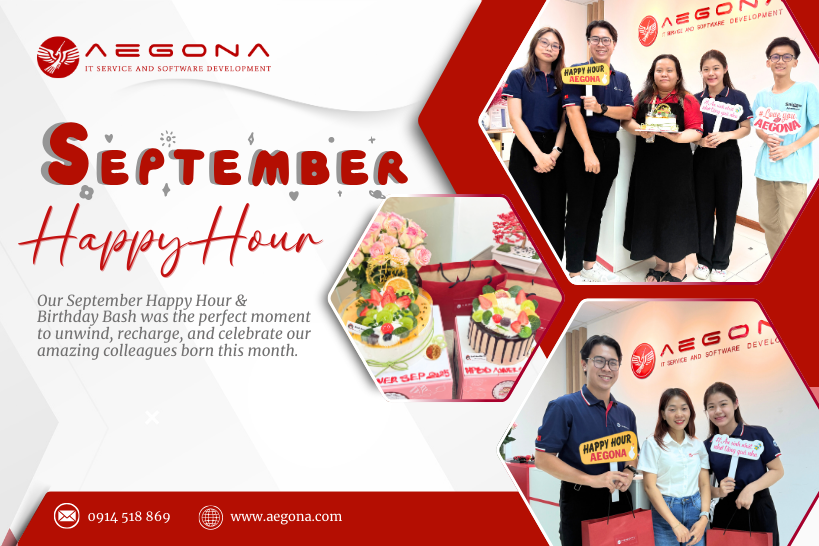
As scheduled, the monthly internal event “Happy Hour” returned to Aegona’s office this September afternoon, bringing along a joyful atmosphere filled with connection, laughter, and positivity.
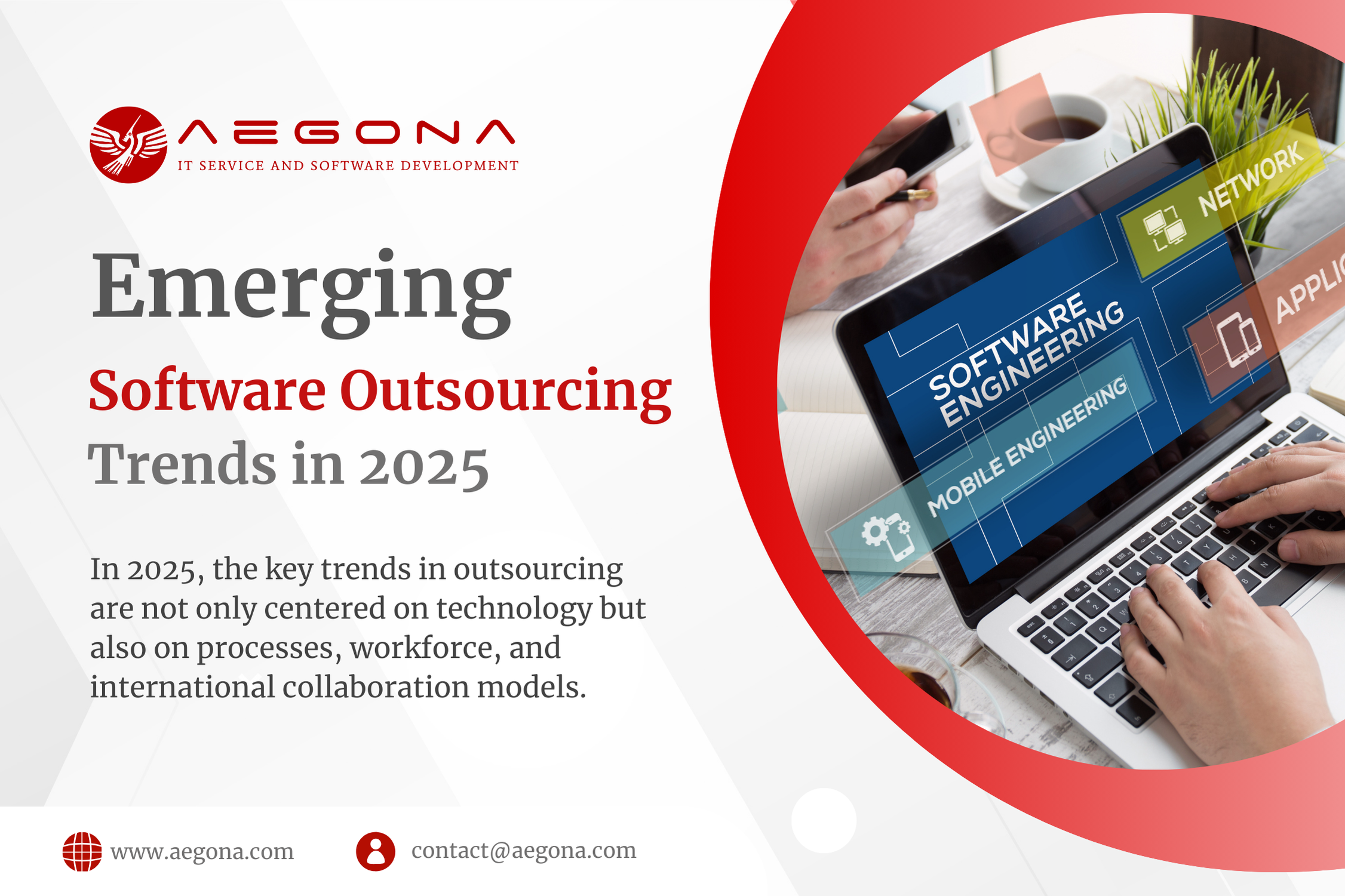
Discover the key software outsourcing trends in 2025, from AI, automation, hybrid outsourcing to workforce training. Understanding these trends helps businesses optimize costs and improve software quality.
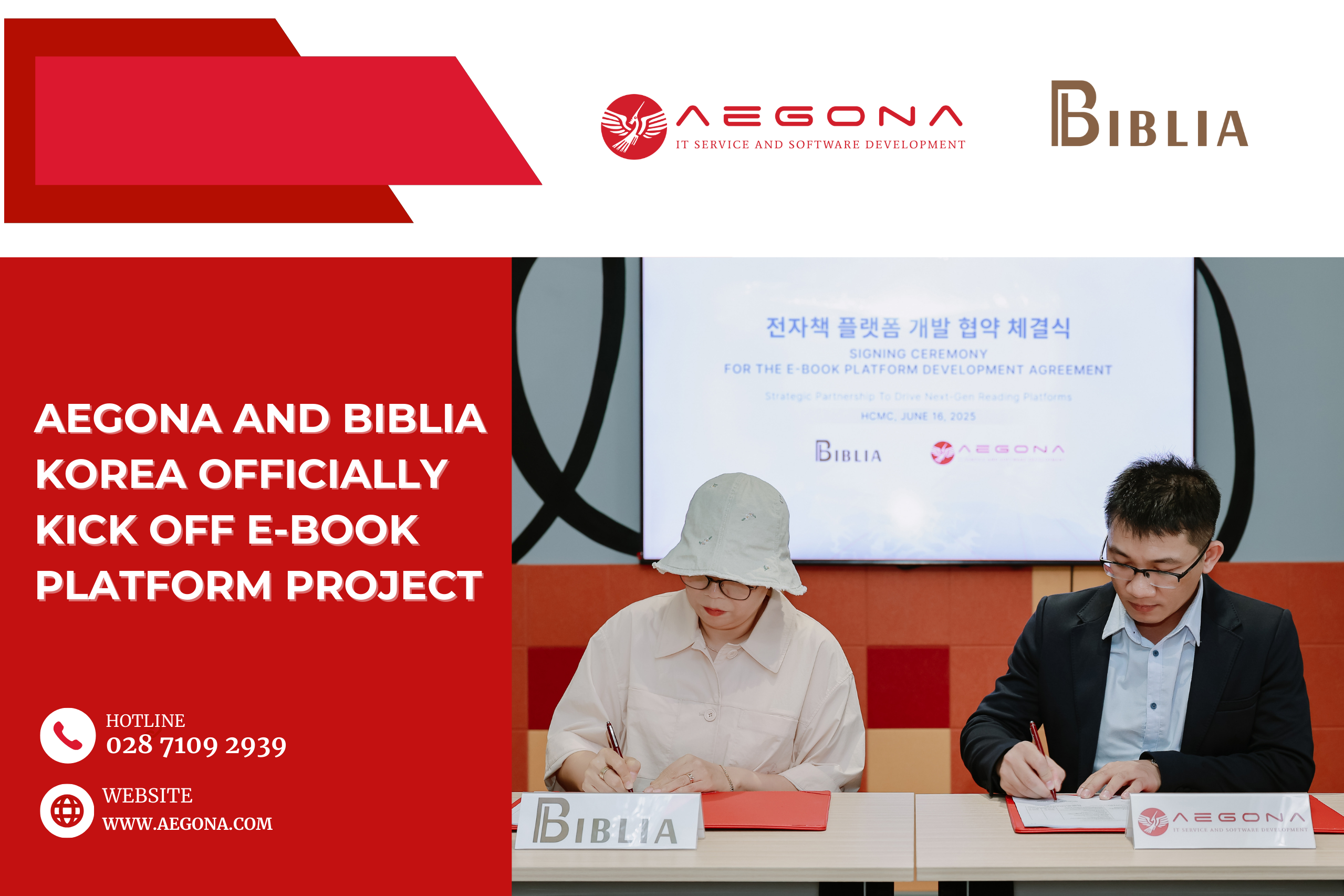
On June 16, 2025, following a series of technical discussions and alignment on technology directions, Aegona and Biblia officially signed a strategic cooperation agreement to develop a comprehensive digital publishing platform that integrates both E-books and Audiobooks.
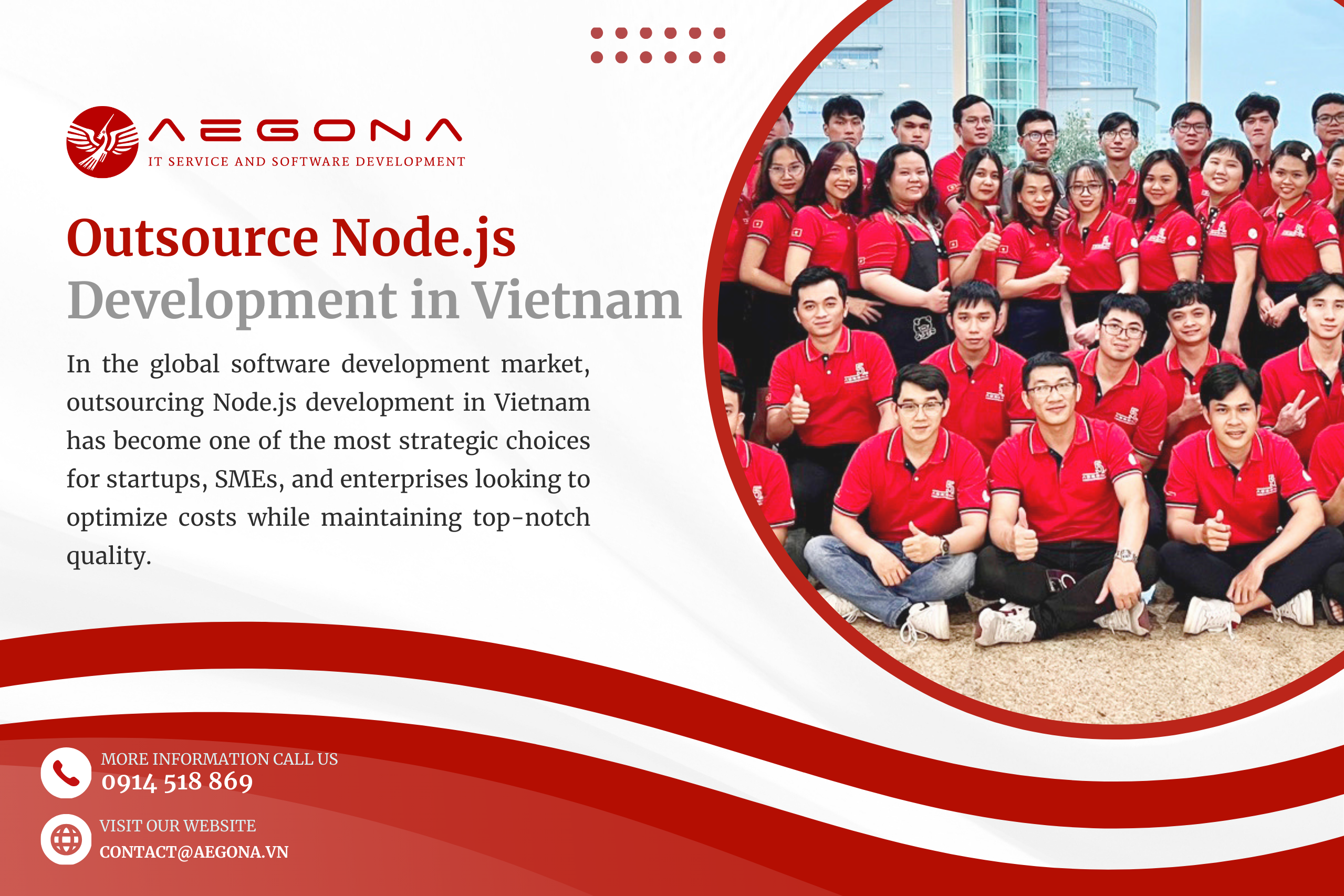
In the global software development market, outsourcing Node.js development in Vietnam has become one of the most strategic choices for startups, SMEs, and enterprises looking to optimize costs while maintaining top-notch quality.
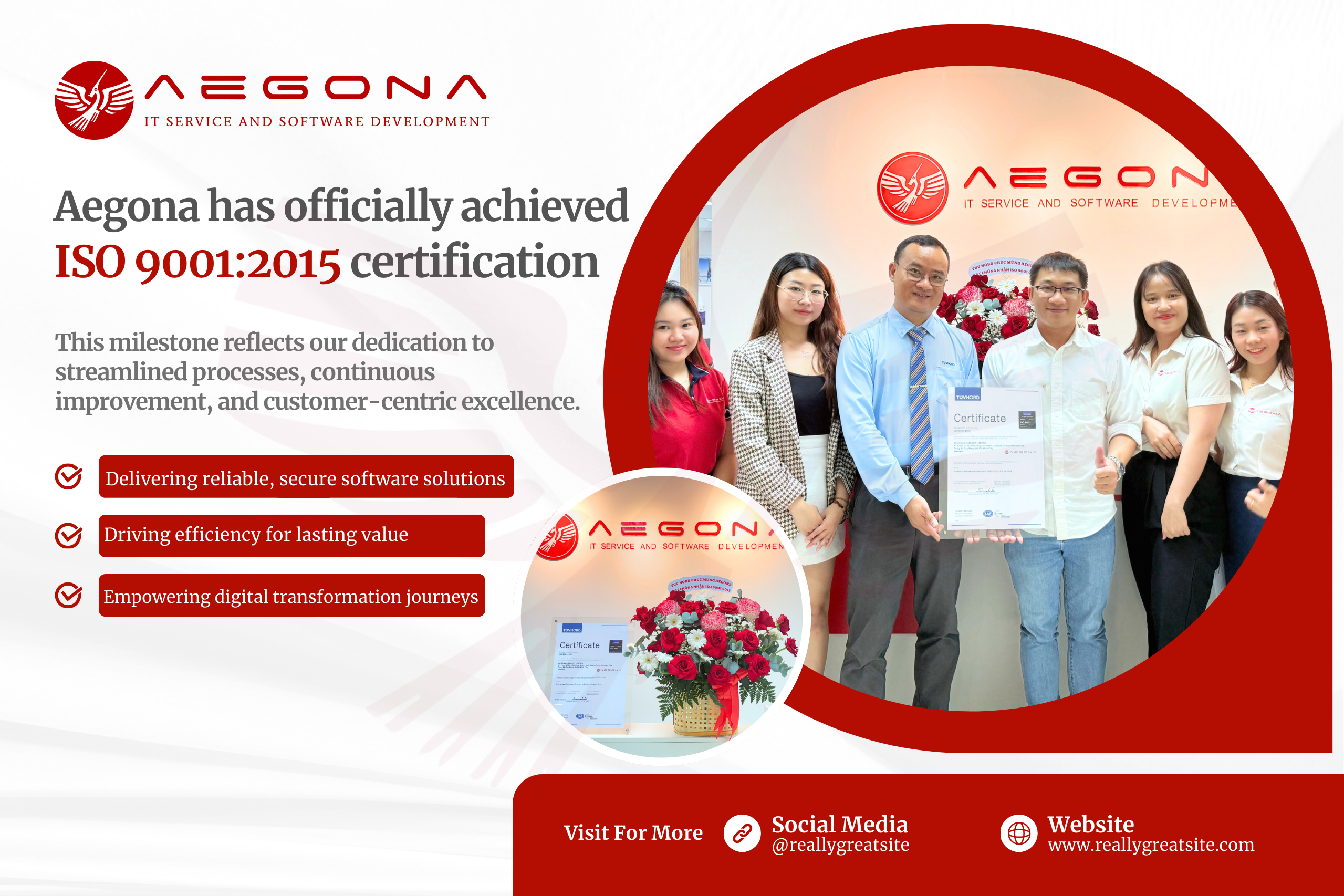
We are proud to announce that Aegona has officially achieved ISO 9001:2015 certification, an internationally recognized standard for quality management systems.
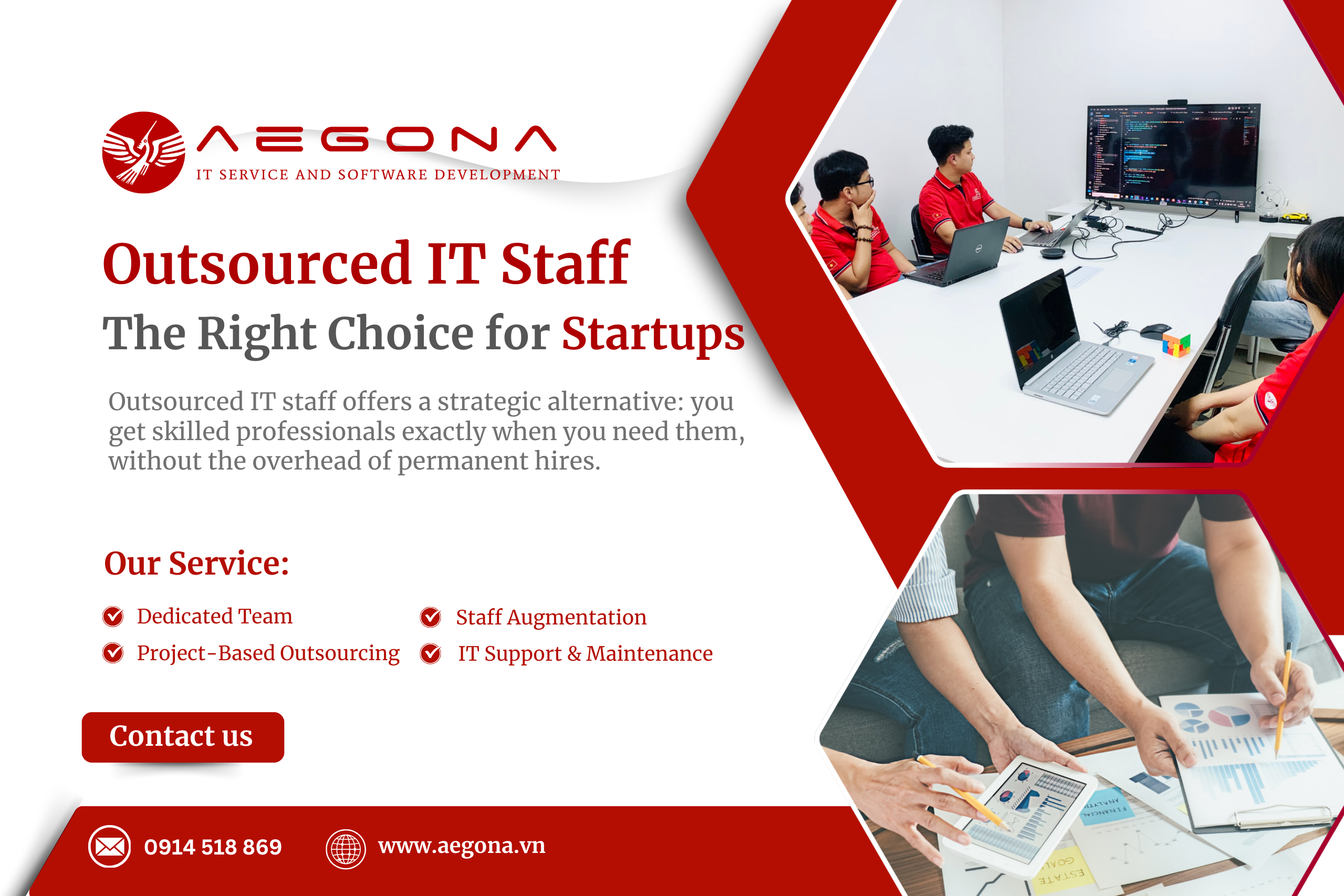
Outsourced IT staff offers a strategic alternative: you get skilled professionals exactly when you need them, without the overhead of permanent hires.
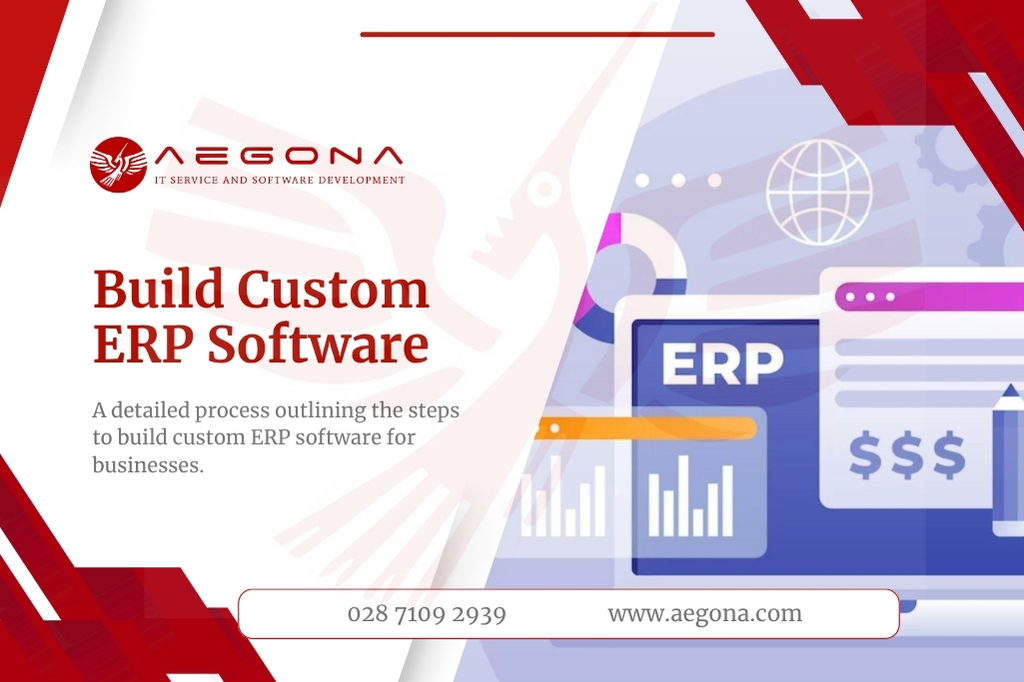
Build custom ERP software to streamline operations, boost efficiency, and fit your business needs. A complete step-by-step guide.
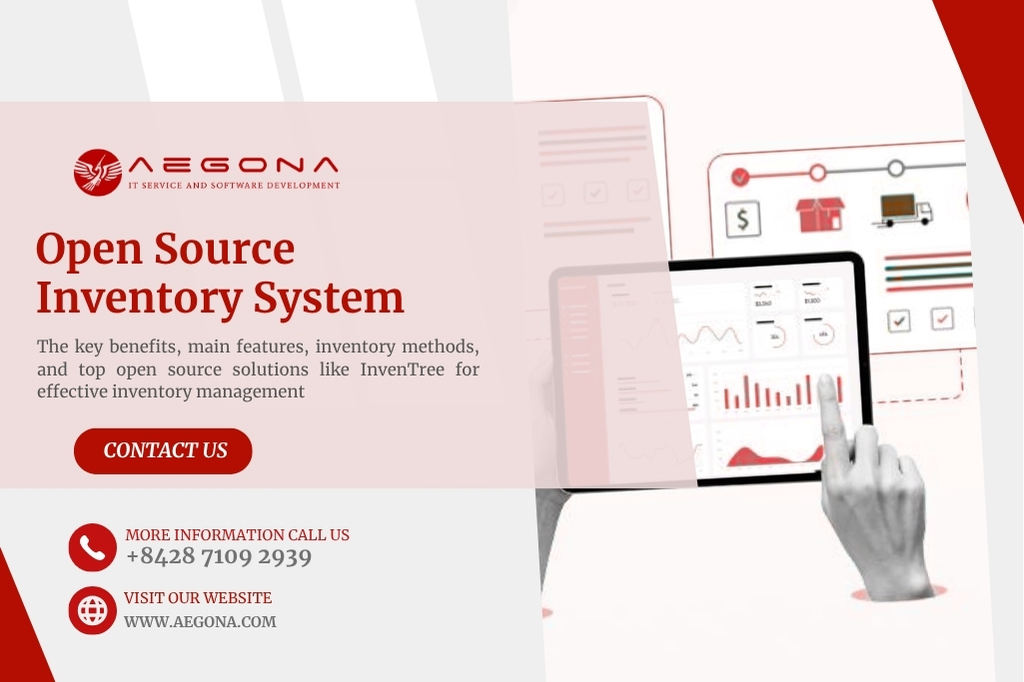
Discover the best open-source inventory systems like InvenTree. Learn key features, benefits, and tools to optimize warehouse and inventory operations.
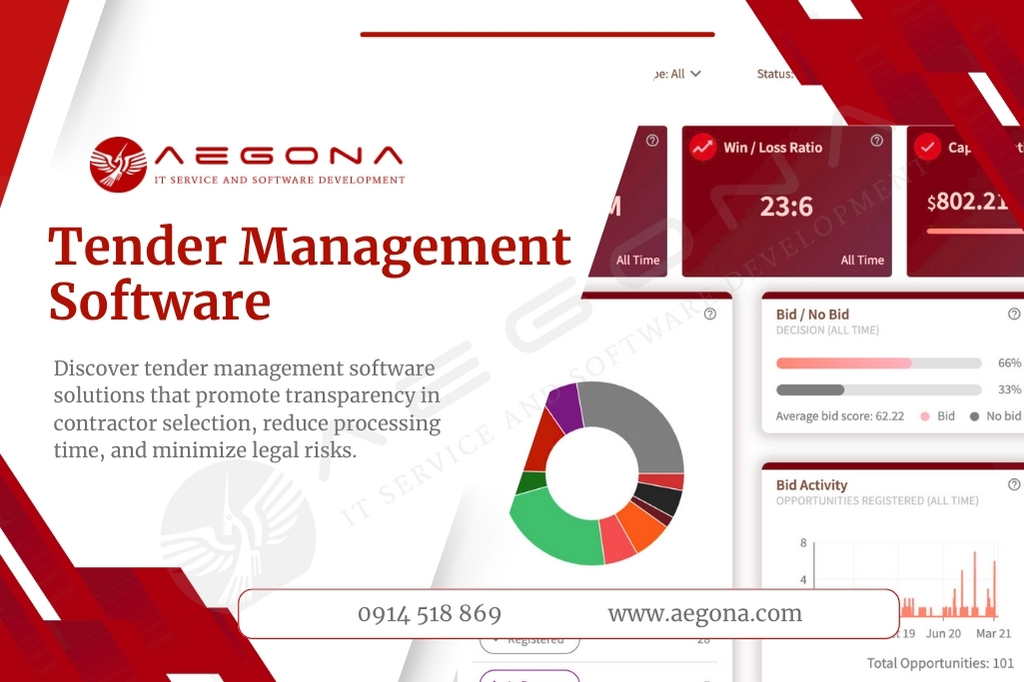
Discover how Tender Management software streamlines bidding, boosts efficiency, and when to choose a custom-built solution.
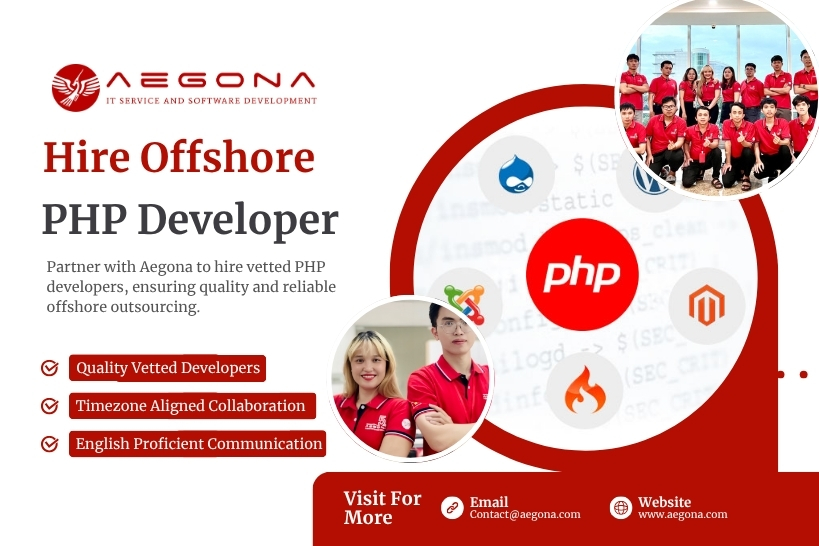
Discover the benefits of hiring offshore PHP developers in Vietnam and explore a step-by-step process to build a skilled, cost-effective development team.
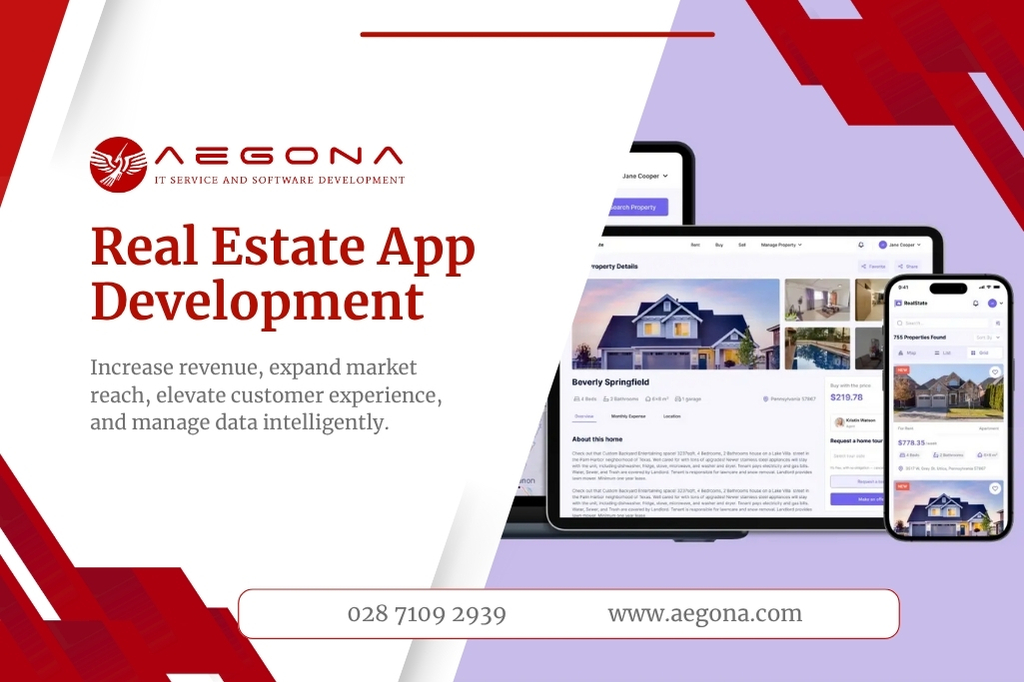
Discover the key benefits and features of real estate app development in Vietnam for businesses aiming to grow in the digital property market.
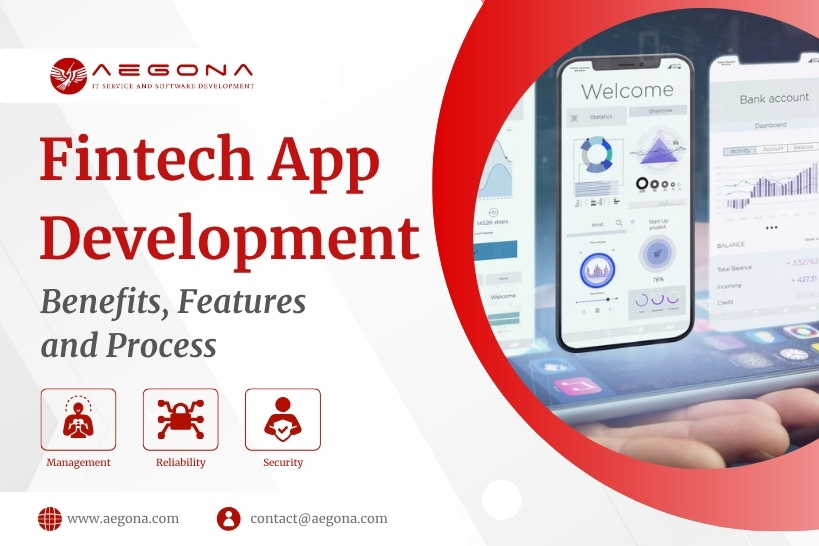
Custom FinTech app development for banking, insurance, payments & more. Secure, scalable, and tailored to your business.
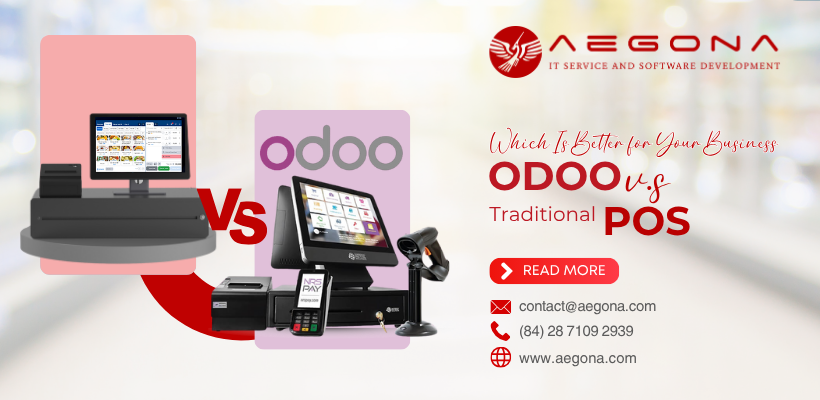
Odoo POS software is becoming an effective alternative to traditional POS systems thanks to its flexible integration capabilities and reasonable cost. Using sales management software plays an essential role in optimizing business operations. This article will help you compare Odoo software and traditional POS systems to find the most suitable option for your business.
